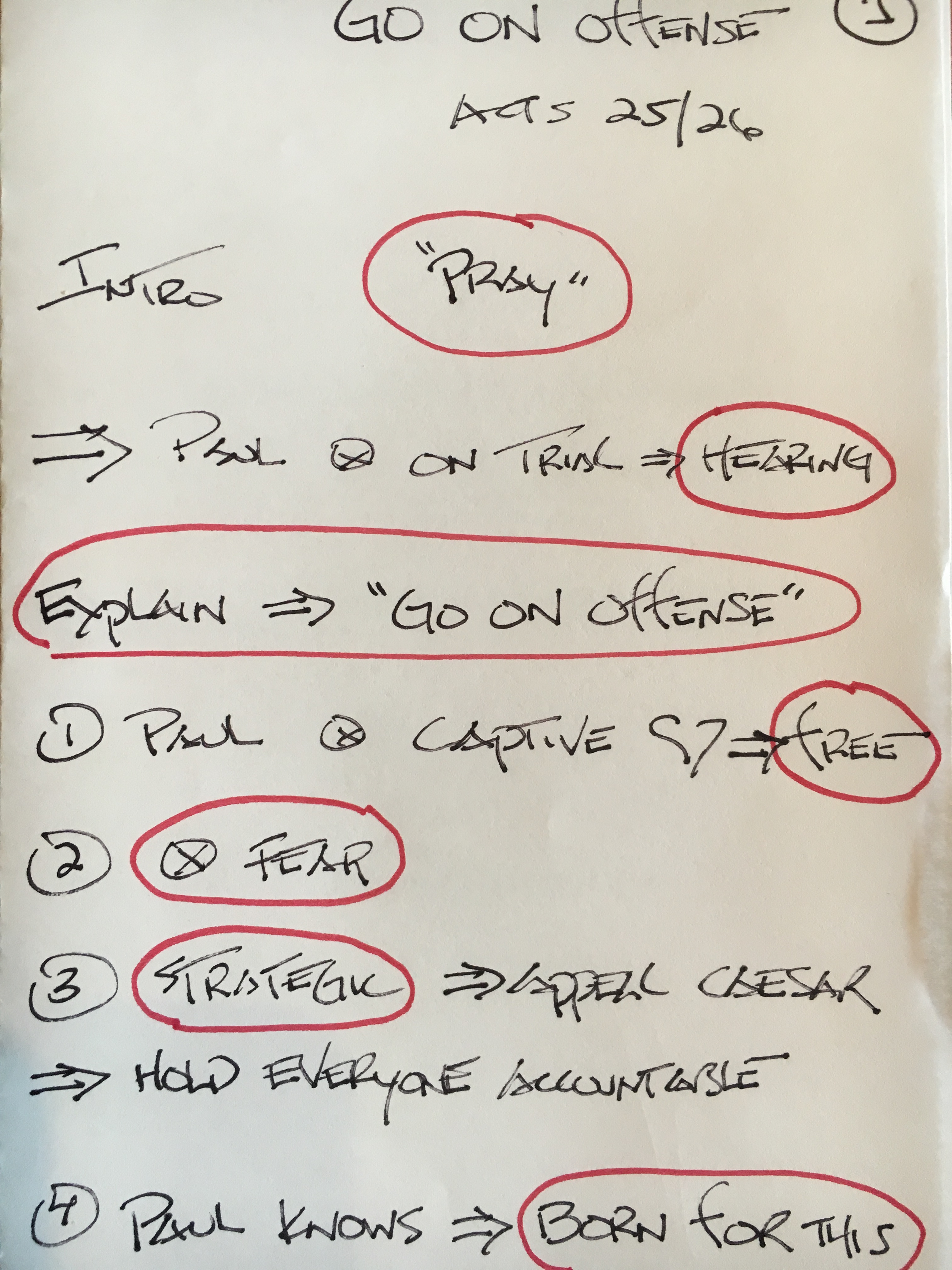A Jesus encounter takes place when you find what you are looking for. Most look for things in all the wrong places. Jesus solves that problem.
v.1-10
Apollos, seen in the last chapter, stays in Corinth, and the people will love him, so much so that a controversy breaks out over who is the better preacher, Paul or Apollos. I Corinthians points out that is the wrong way to think.
Paul once again finds disciples led to the Lord through the ministry of John the Baptist. He is dead many decades ago, but his followers continue to preach Jesus, even though they have limited understanding of what that means.
A perfect example is the question Paul asked them, did you receive the Holy Spirit?”
Their response was an honest “no.”
Paul laid hands on them and they received the gift of the Holy Spirit and immediately began to speak in tongues and to prophesy.
Regarding the baptism of the Holy Spirit, John 14-17 outlines at least 5 Powers released in experience.
- Power to follow
- Power to live
- Power to proclaim
- Power to pray
- Power to love
Tongues is described in the bible as mainly a private worship prayer gift, but it is not sin if it is used publicly. Boundaries are placed on the expression of tongues, namely if they are used corporately, for the betterment of all, an interpreter should be sought. Tongues can be a kind of babble, as described in Romans 8, moans and groans too deep for words, or evangelistically, as the word spreads to people who in the natural would be unable to communicate with each other.
Prophecy is not predicting the future, it is releasing specific divine love and encouragement to someone. It is spontaneous, and can be sought after for the betterment of someone else or oneself.
I often begin my week asking God for advance words, where i pray into keen insight over the days to come. Often God gives a prophetic word allowing me to see with greater clarity his guidance.
v.8-10
Paul ends up preaching and teaching in a place called the school of Tyrannus. The name comes from the word “tyrant.” We are more familiar with the phrase “Mob Boss,” but in the ancient world they used the word “tyrant.” Some tyrants were good, most were bad, but most fascinating is that the tyrant in Ephesus had a large meeting place that Paul used regularly. That unnamed man, wealthy and powerful, must have come to faith because they political risk to him was to great otherwise.
v.11-20
Christians forget that Jewish exorcists existed in ancient times. One named Sceva had seven sons, and not knowing what he was doing, pays the price for it. No doubt he heard and saw the positive effect demons had with regard to using the name of Jesus. But Sceva was ignorant to the fact that privilege of using Jesus’ name with authority only resides with saved believers.
Our faith is not based on a formula or ritual to follow, but on Christ.
Sceva speaks out of turn to a demon and is physically harmed.
The word “exorcist” appears for the first time in ancient literature, an interesting move on the part of Luke.
Truth. Jesus. And Power
The church for most of it’s history has divided demonic warfare into two separate parts, truth encounter, where the afflicted person uses their mind to take control over a demon. On the other side is something called a power encounter, where a believer takes authority over the demonic affliction in another person (saved or not), and through calling on the name of the Lord, see the demonic powers broken.
I argue strongly for a third way, affectionately called Jesus Encounter. In a Jesus Encounter both side of the divide are brought together, both tools of the mind and supernatural kingdom power are utilized together to free a soul from torment.





